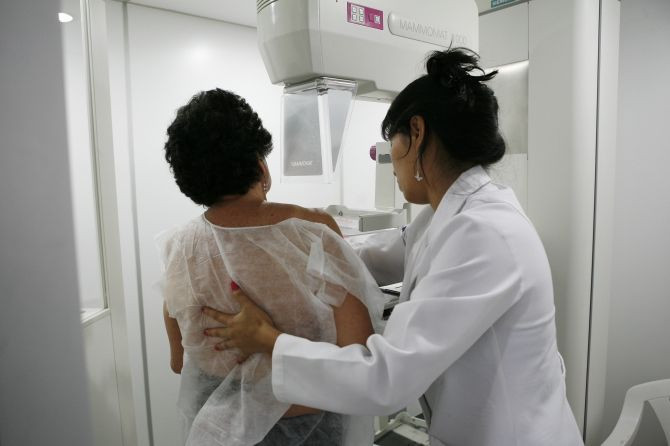Women Working Night Shifts at Increased Risk of Breast Cancer, Study

Women Working Night Shifts at Increased Risk of Breast Cancer, Study
Women who work night shifts are at an increased risk of developing breast cancer, researchers say. The risk is higher for those women who are morning people or "larks" rather than "owls" who are comfortable with night shifts.
Mail Online reports that this study is backed by the Danish Cancer Society. The study involved some 18,500 women who worked for the Danish Army between 1964 and 1969.
The research team were able to track down around 200 breast cancer survivors from the study group and matched lifestyle data obtained by them with data collected from around 800 women who hadn't suffered from cancer.
The results showed that night shift work for 3 days a week for a period of 6 years or more increased the likelihood of developing cancer by 40 percent. Women who were early risers had high risk of developing cancer.
"Although this study found a higher risk for women working the greatest number of hours of night shifts altogether, they didn't see a solid association if they analysed the data in other ways, for example when they looked at how many years of night shifts women had worked. The evidence so far seems to point to a probable link, but we still need more research to understand how big the risk could be and how many years it would take to appear," Sarah Williams, Cancer Research UK's health information officer, The Guardian reports.
"The observation that women with night work and morning preference (who may be less tolerant of night shift work) tend to have a higher risk for breast cancer than similar women with evening preference warrants further exploration in larger studies," Dr Johnni Hansen, of the Institute of Cancer Epidemiology, in Copenhagen, Denmark, and lead author of the study, reports The Telegraph.
Centers for Disease Control and Prevention reports, that according to 2004 data from the Bureau of Labor Statistics, almost 15 million Americans work full time on evening shifts, night shifts, or other employer arranged irregular schedules.
Experts are still divided over the probability of circadian rhythm affecting a person's risk of developing cancers. However, they agree that the risk of breast cancer in women can be reduced through weight management, exercise and reducing alcohol intake.
"For the moment, there is strong evidence that women can reduce the risk of breast cancer by keeping to a healthy weight, drinking less alcohol and being physically active," Sarah Williams said, ( The Guardian)
"Night shift working and breast cancer risk is a hugely complex area and two of the biggest risk factors – diet and physical activity outside of working hours – weren't considered in this study. So, whilst it contributes to the debate, further research is needed to fully understand the link between night shift working, the lifestyle factors and breast cancer," said Lisa Wilde, director of research at Breast Cancer Campaign, reports The Guardian.



























